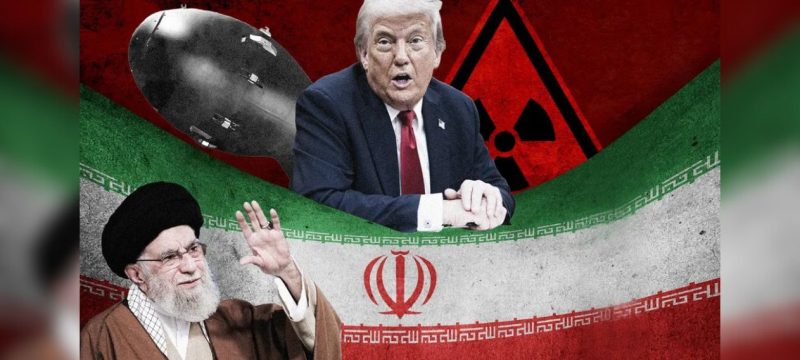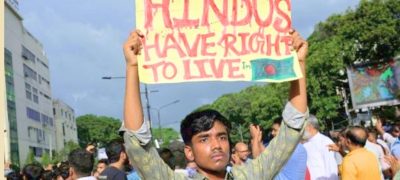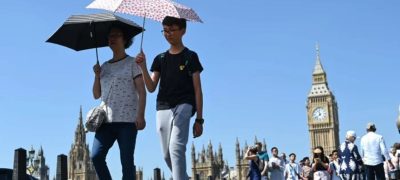U.S. President Donald Trump has issued a strong warning to Iran, vowing additional military action if Tehran restarts its nuclear weapons program. His statement was accompanied by a harsh personal critique of Iran’s Supreme Leader, Ayatollah Ali Khamenei.
Trump took to his Truth Social platform on Friday to respond to Khamenei’s recent claim of “victory” in the 12-day conflict with Israel. Trump accused Khamenei of spreading “blatant and foolish lies” and stated that the U.S., along with Israel, had successfully destroyed critical Iranian nuclear facilities.
Read more: Trump and Netanyahu Suggest Two-Week Plan to End Gaza Conflict
“His country was devastated, and three of his most dangerous nuclear sites were wiped out,” Trump wrote, referring to the reported airstrikes on Iran’s Fordow, Isfahan, and Natanz facilities carried out earlier this month.
He further alleged that he had personally halted a final assault on Khamenei, despite knowing his exact location, and claimed both the U.S. and Israel had the ability to eliminate the Iranian leader if they had chosen to.
Khamenei, in his first public remarks since a ceasefire ended the recent conflict, declared that Iran had delivered a “slap to America” by launching missile attacks on a U.S. base in Qatar. He also insisted that Iran had emerged triumphant from the confrontation — one of the most intense between the two nations in years.
Trump dismissed the comments as nothing more than “anger and hatred,” stating that Khamenei’s rhetoric had led him to cancel any consideration of lifting sanctions or pursuing diplomatic talks with Tehran.
Nuclear Tensions Deepen
At a White House briefing earlier that day, Trump was asked whether military force remained an option if Iran revived its nuclear ambitions. His response was firm: “Sure, without question, absolutely.”
His remarks come amid growing concern from the international community over the status of Iran’s nuclear program. Following the recent attacks, Iran’s parliament approved a measure suspending cooperation with the International Atomic Energy Agency (IAEA), blocking its access to the targeted sites.
Iranian Foreign Minister Abbas Araghchi posted on X (formerly Twitter) that Tehran might refuse further inspection requests, accusing IAEA Director General Rafael Grossi of potentially acting with political bias.
Araghchi warned that Iran “reserves the right to defend its people, interests, and sovereignty through any means necessary.”
Grossi had earlier emphasized the urgency of restoring IAEA access, stating that no inspections had been carried out since Israeli airstrikes began on June 13.
Israel Prepares for Future Threats
In parallel developments, Israel remains on high alert. Defense Minister Israel Katz on Friday ordered the Israeli military to draft a new “enforcement plan” to address ongoing threats from Iran.
The plan, according to Katz, will prioritize maintaining Israeli air superiority, preventing advancements in Iran’s nuclear and missile capabilities, and retaliating against Iran’s support for groups engaged in terrorist activity against Israel.
Israel has long accused Iran of providing weapons and support to militant factions such as Hamas and Hezbollah. However, Tehran insists its nuclear program is strictly for peaceful purposes and denies seeking nuclear arms.









